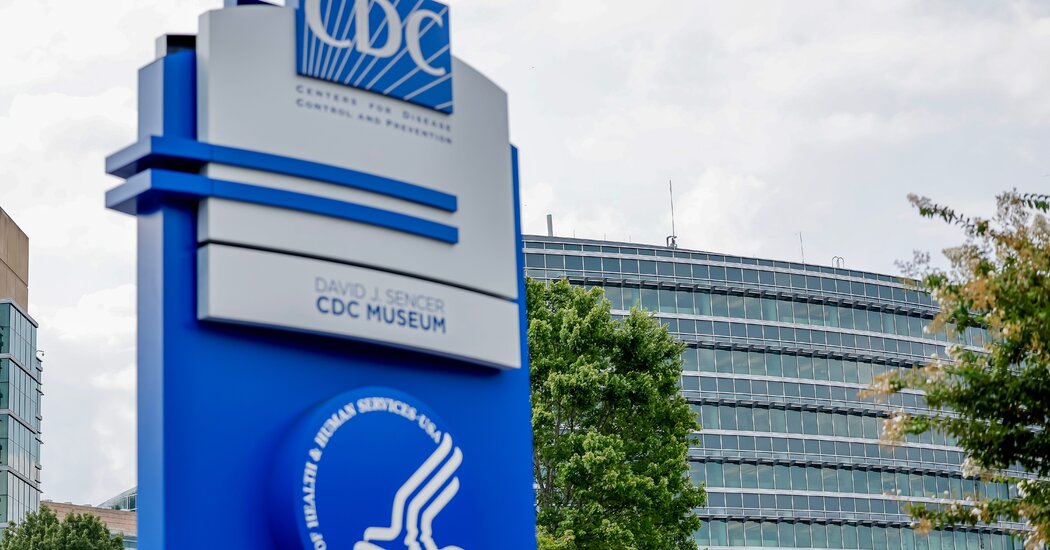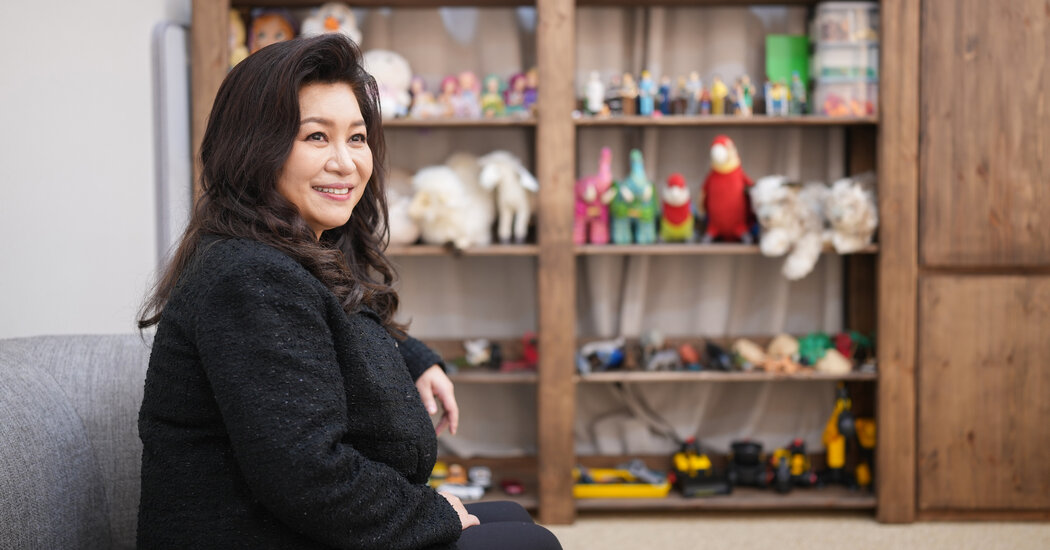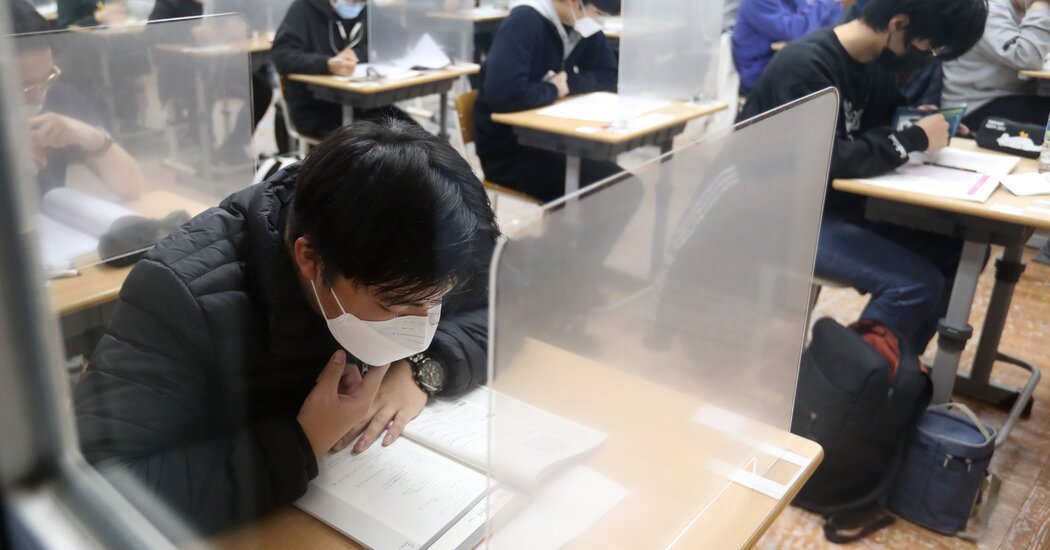Listeria Outbreak Kills One, Prompts Recall for Yu Shang Food
Officials have linked 11 listeria cases since October 2021 to items from Yu Shang Food, which is recalling more than 72,000 pounds of products.A baby died and at least 10 other people in four states fell ill in an outbreak of listeria tied to ready-to-eat meat and poultry products sold by Yu Shang Food, federal health officials said on Friday, as the company recalled more than 72,000 pounds of items.The 11 people who fell ill were in California, Illinois, New York and New Jersey, and their illnesses were reported between October 2021 and July 2024, the Centers for Disease Control and Prevention said. Nine people were hospitalized and one, an infant in California, died. The C.D.C. did not say when the baby died.The agency said that lab tests and interviews with the people indicated that products from Yu Shang Food had made them sick.The company, based in Spartanburg, S.C., is recalling products including pork belly, chicken feet, duck neck and beef shank, the U.S. Department of Agriculture’s Food Safety and Inspection Service said. These have been shipped to retail locations nationwide and were also available online.All of Yu Shang Food’s ready-to-eat products made before Oct. 28 are subject to the recall, the service said, publishing a list of products and their labels. Officials urged consumers who have already purchased the products to throw them out or return them.The packaging of a Yu Shang Food chicken product included in the recall.U.S. Consumer Product Safety Commission/Food Safety and Inspection Service, via Associated PressIn interviews with local public health officials, the people who fell ill reported buying Yu Shang Food’s products from multiple stores, federal officials said. Two specifically mentioned the company’s ready-to-eat chicken products.Routine tests last month detected listeria in Yu Shang Food’s products, setting off an initial recall of about 4,600 pounds of products that was announced on Nov. 9. The recall was expanded on Thursday after additional testing found listeria contamination in the company’s products, officials said. An investigation is underway to determine if these listeria samples match the strain that caused the outbreak.Ling Li, a plant manager at Yu Shang Food, said in an emailed statement on Friday night that the company had taken immediate corrective action after inspectors found listeria, and that it would work to prevent future contamination.Listeria bacteria are naturally found in soil but can contaminate a range of foods like dairy products, fruits and deli meats. Most people who ingest it do not get sick, but pregnant women, older people, newborns and people with weakened immune systems can become seriously ill or die. Symptoms include fever, muscle aches and tiredness, the C.D.C. said.
Read more →



